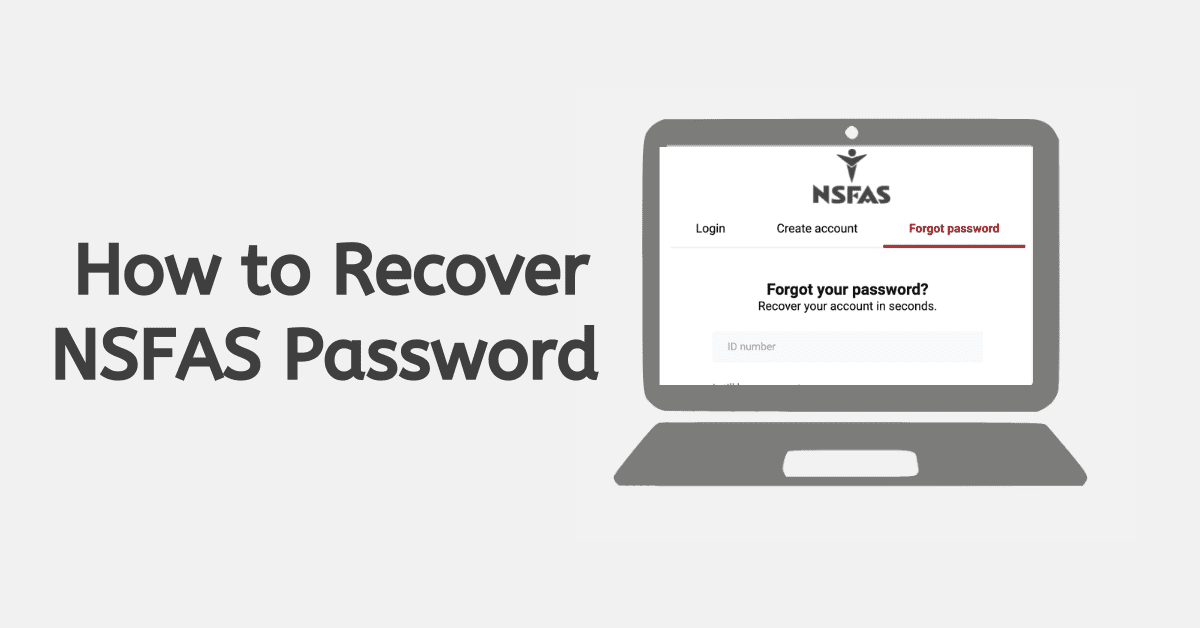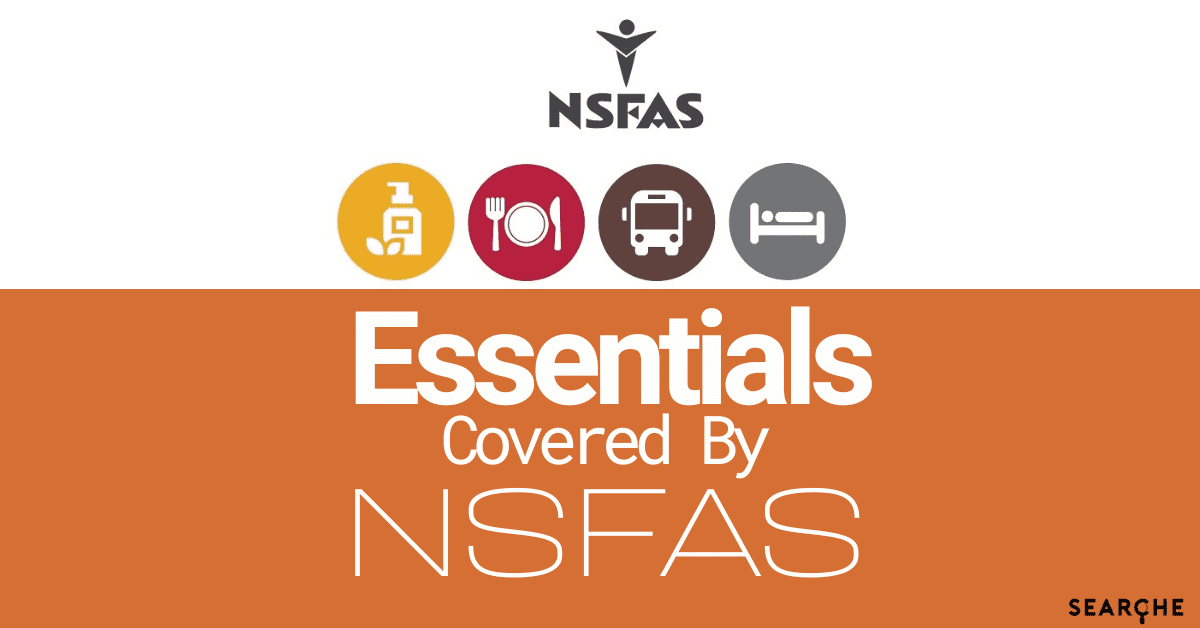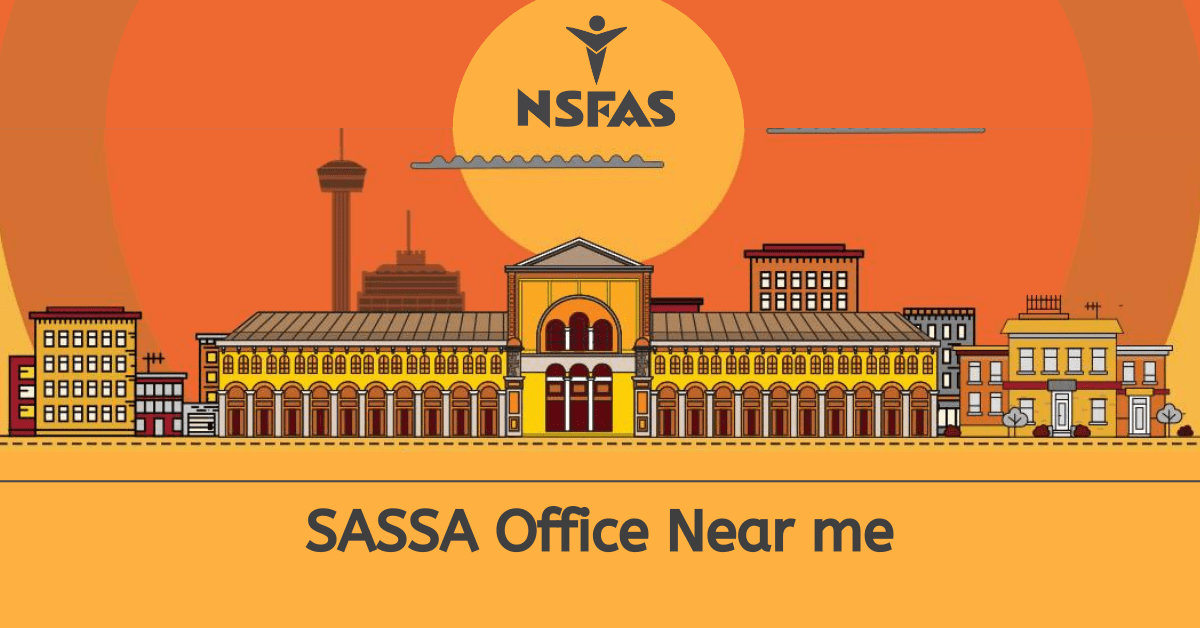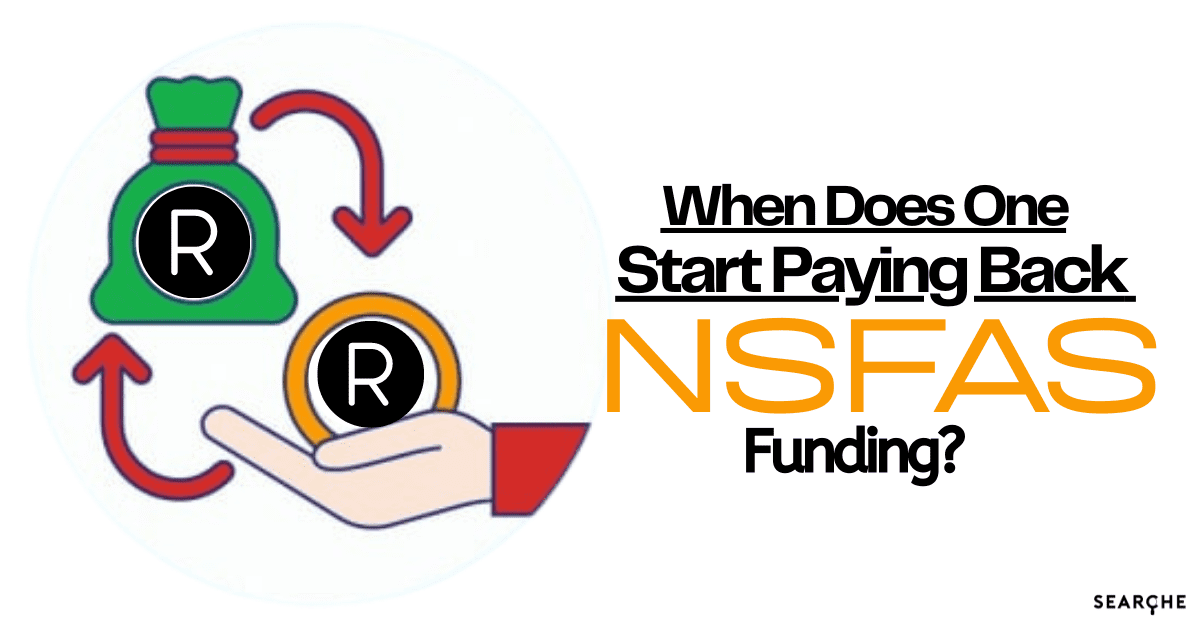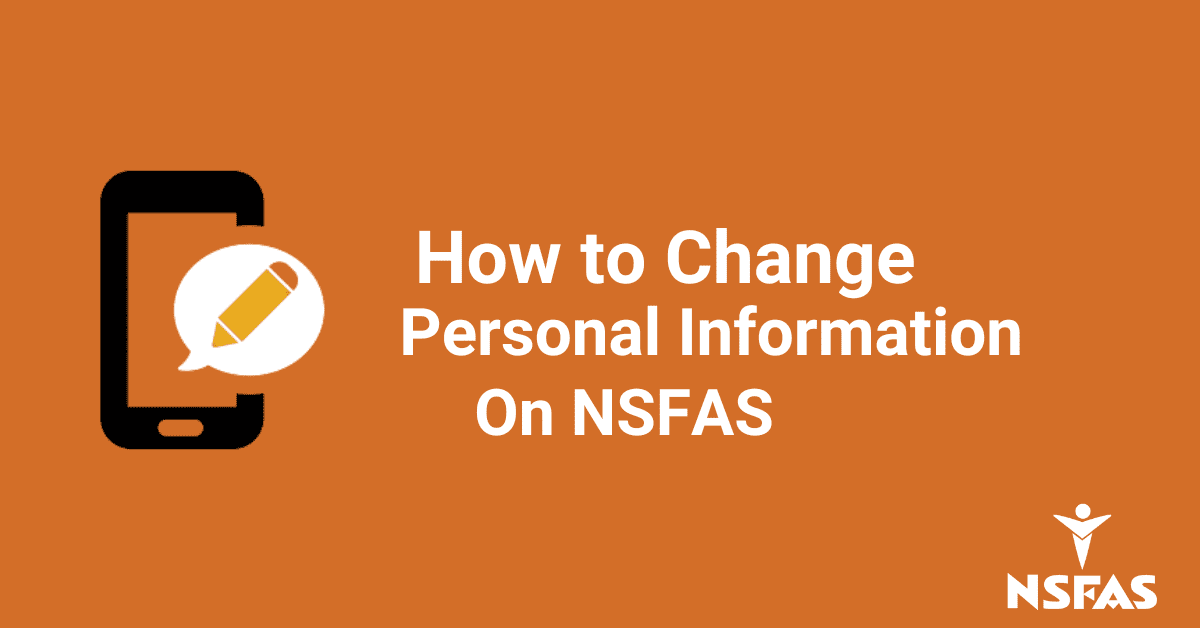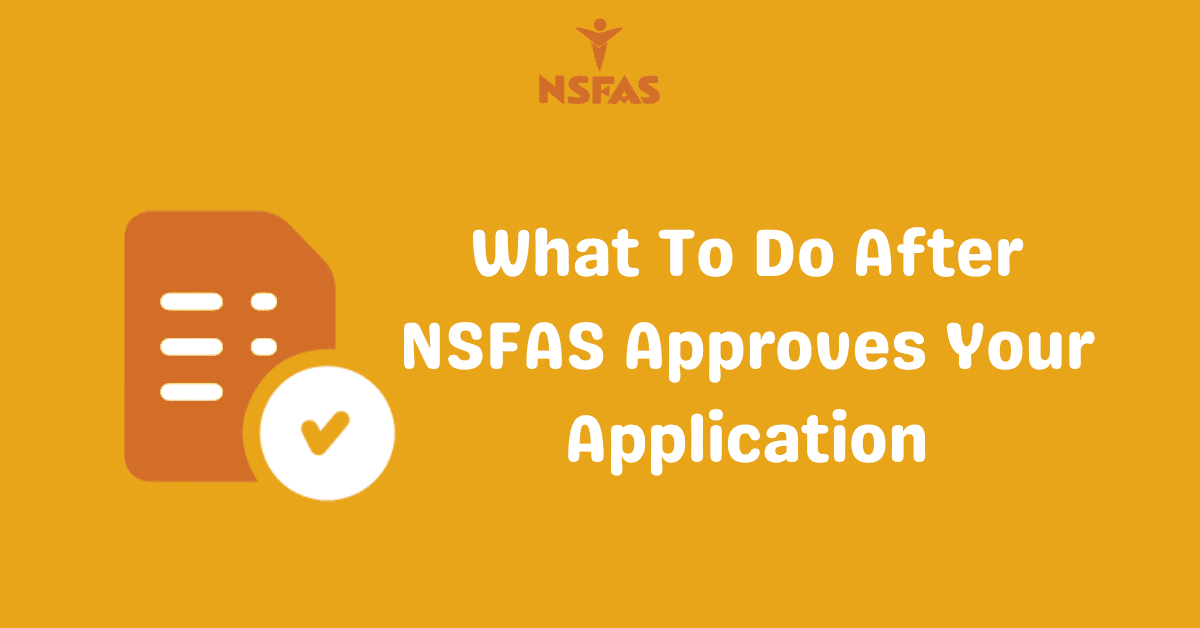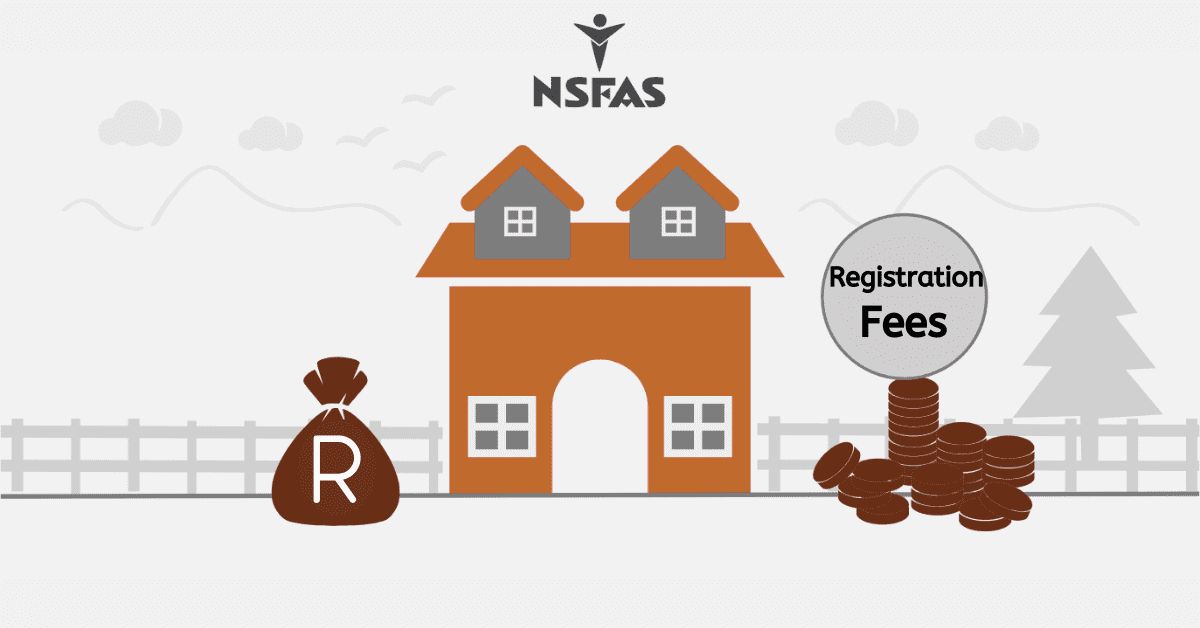Change happens. No matter how carefully you plan your academic journey, you may find that you are better suited to a different institution for a variety of reasons. Perhaps they offer tuition that is closer to your academic needs, or you may change provinces or living areas and need a university closer to your new home. Luckily, NSFAS is prepared for this common part of young students’ academic journeys, and you can continue to be funded by the NSFAS if you change university. Here is everything you need to know about this.
What Happens to NSFAS When you Change University?
Provided you move between NSFAS-approved institutions, you will remain funded if you change universities. They will always fund you where you are registered once your application is successful. This means that you should ensure that your new institution registers you and sends the data to NSFAS as timeously as possible. This ensures that your monthly stipend will be sent to you correctly, too. Remember that your years at the previous institution will count towards your maximum total for NSFAS funding. It does not reset with the change of university.
The NSFAS program is designed to help disadvantaged students access the funding they need to further their educational goals through basic tertiary education. Remember that not all universities and programs are eligible for NSFAS funding, so you will need to select an NSFAS-approved institution- even if you are changing universities.
Will NSFAS Fund Me if I Change University?
Yes, NSFAS will fund you if you change universities. Do be aware that NSFAS will re-evaluate your application when you move institutions to ensure you remain within their funding criteria. As long as you still meet the criteria to be funded by NSFAS, this will not be an issue for you. This applies to familial income (no more than R350,000 a year) and your minimum academic criteria (at least 50% of modules must be passed).
You should also make sure that you can complete your program within the funding time that NSFAS gives you. We explain this in greater detail below. If your program will take longer than your eligibility for NSFAS funding, you may need to find alternate funding for the last year(s) of your program. NSFAS funding periods (the N+1 rule explained below) do not reset with a course or institution change. It is applied over all of your academic learning periods, regardless of where or what course you were studying.
How Many Years Does NSFAS Fund a Student?
NSFAS will fund your studies for a maximum of five years. However, that does not mean that every student will receive 5 years of funding from them. The NSFAS bursary works on the N+1 rule now- this means you will receive funding for the standard length of your course, plus one year beyond it for you to retake modules which you may have failed.
So applicants who have registered for a three-year course under the N+1 rule will receive NSFAS funding for 4 years. If you are only undertaking a 2-year program, you would have up to three years to finish it, and so on.
Can NSFAS Cancel your Funding?
Yes, NSFAS can cancel your funding if your circumstances change and you no longer meet their funding criteria. This could be due to issues like your family now earning more than the income threshold (R350,000 a year across all family members). It could also happen if you change courses to non-eligible courses or you move to a non-eligible institution. Remember that while NSFAS does fund a wide range of public Universities and TVET institutions in South Africa, this doesn’t mean all institutions and courses qualify, so choose carefully.
You also have to maintain the minimum educational standards as per your terms and conditions with NSFAS. This means you must pass a minimum of 50% of your modules to stay funded by NSFAS. While they will continue to fund you if you fail a module here-and-there, you must pass that 50% minimum each year, so plan your workload accordingly.
Now you know how to manage your NSFAS funding if you change your university. Provided the institution is still a public university or TVET program in South Africa, which is approved by NSFAS, and provided you still meet all financial and academic criteria to be funded by them, changing universities is not an issue. Make sure that your choice to swap universities will not delay your graduation beyond NSFAS’s N+1 rule to ensure you can complete your course and remain funded. You should also be diligent about transferring your academic records to the new university and ensuring you register timeously with them so that the funding process remains seamless and you correctly receive your monthly stipend. Good luck in your studies!
